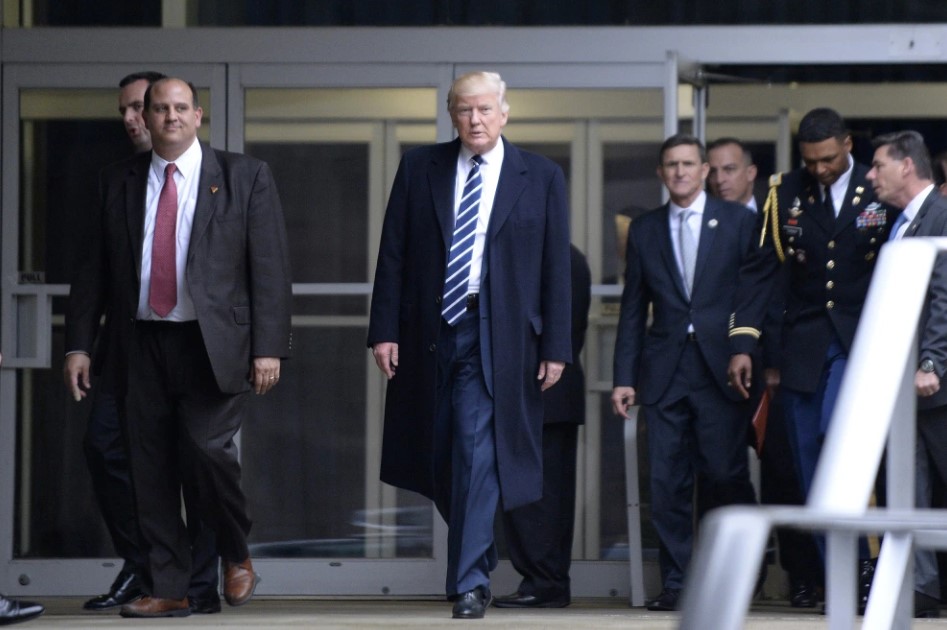This week, President Donald Trump made the unusual decision to revoke the security clearances of more than 50 former intelligence officials, marking a rare and significant move in U.S. history. Legal experts believe that Trump’s actions break long-standing political norms, reflecting his desire to please his supporters and punish those who oppose him.
Dan Meyer, a Washington lawyer specializing in security clearance issues, compared this action to the 1950s Oppenheimer case, where the physicist Robert Oppenheimer lost his security clearance during the McCarthy era due to his past associations with the Communist Party.
Historically, security clearances have been revoked for political reasons, but no president has ever taken such a public and broad approach to revoking clearances for so many individuals at once, especially not for former CIA directors and senior intelligence officials from multiple administrations. Trump’s executive order, signed just hours after his inauguration, targeted 49 senior officials who had signed a letter in 2020 expressing concerns about Russian interference in the U.S. election, something Trump disputed. He also revoked the clearance of his former national security advisor, John Bolton, accusing him of revealing sensitive information in his memoir.
The former officials affected by this order argue that the revocation is a form of punishment and intimidation. Trump, however, defended his decision, claiming that these actions were necessary to restore the credibility of government institutions and protect national security.
Despite the controversy, legal experts point out that Trump’s action might be more of a symbolic gesture since many of the affected officials may no longer hold active security clearances. The decision raises important questions about the limits of presidential power, especially when it comes to punishing those who publicly disagree with the administration.


